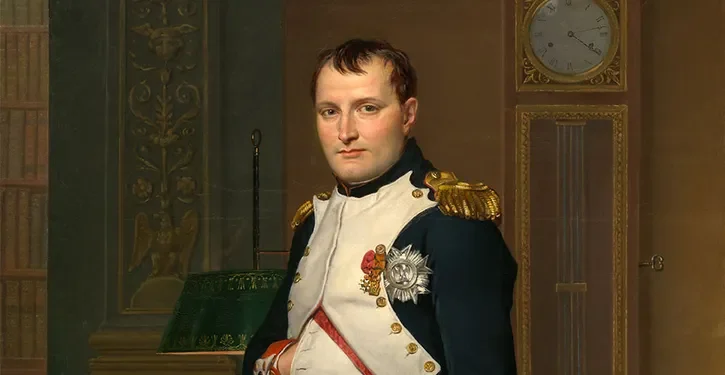In 1814, after facing a series of military defeats, Napoleon Bonaparte, the once-mighty Emperor of the French, found himself forced to abdicate and was subsequently exiled to the Mediterranean island of Elba. This pivotal moment marked the beginning of Napoleon’s short-lived exile, which lasted from April 1814 to February 1815.
Elba, a small island off the coast of Italy, served as a picturesque yet confining backdrop for Napoleon’s post-abdication life. The Treaty of Fontainebleau, signed in April 1814, granted him sovereignty over Elba and allowed him to retain the title of Emperor. Despite his diminished stature, Napoleon approached his exile with a degree of optimism, envisioning Elba as a stepping stone for a potential return to power.
During his time on Elba, Napoleon implemented various reforms to improve the island’s infrastructure and economy. He constructed roads, fortifications, and public buildings, leaving a lasting mark on the island’s landscape. His dynamic leadership style and administrative prowess were evident, even in this seemingly tranquil period.
However, the allure of power and the desire to reclaim his position on the European stage proved too strong for Napoleon. In 1815, just months after settling into life on Elba, he made a daring escape. Seizing the opportunity presented by the political turmoil in France, he returned to the mainland and embarked on the Hundred Days campaign, attempting to restore his rule.
Napoleon’s return sent shockwaves throughout Europe, culminating in the Battle of Waterloo in June 1815. Defeated by the British and Prussian forces, he was subsequently exiled to the remote island of Saint Helena, where he would spend the remainder of his life.
Although Napoleon’s sojourn on Elba was relatively brief, it showcased his ability to adapt to circumstances and wield influence even in exile. The island, once an inconspicuous outpost in the Mediterranean, became a temporary seat of power for one of history’s most iconic figures. Napoleon’s time on Elba serves as a fascinating chapter in the larger narrative of his tumultuous career, offering insights into his leadership style, ambitions, and the complex dynamics of early 19th-century Europe.




Recent Comments